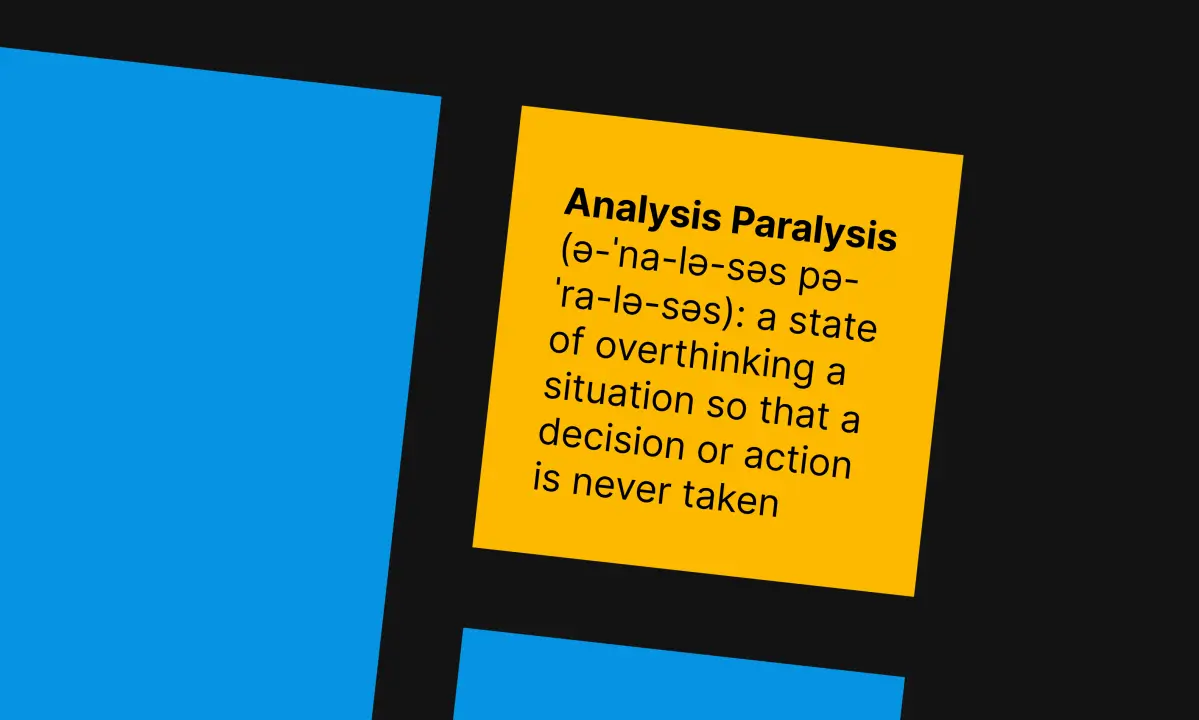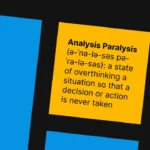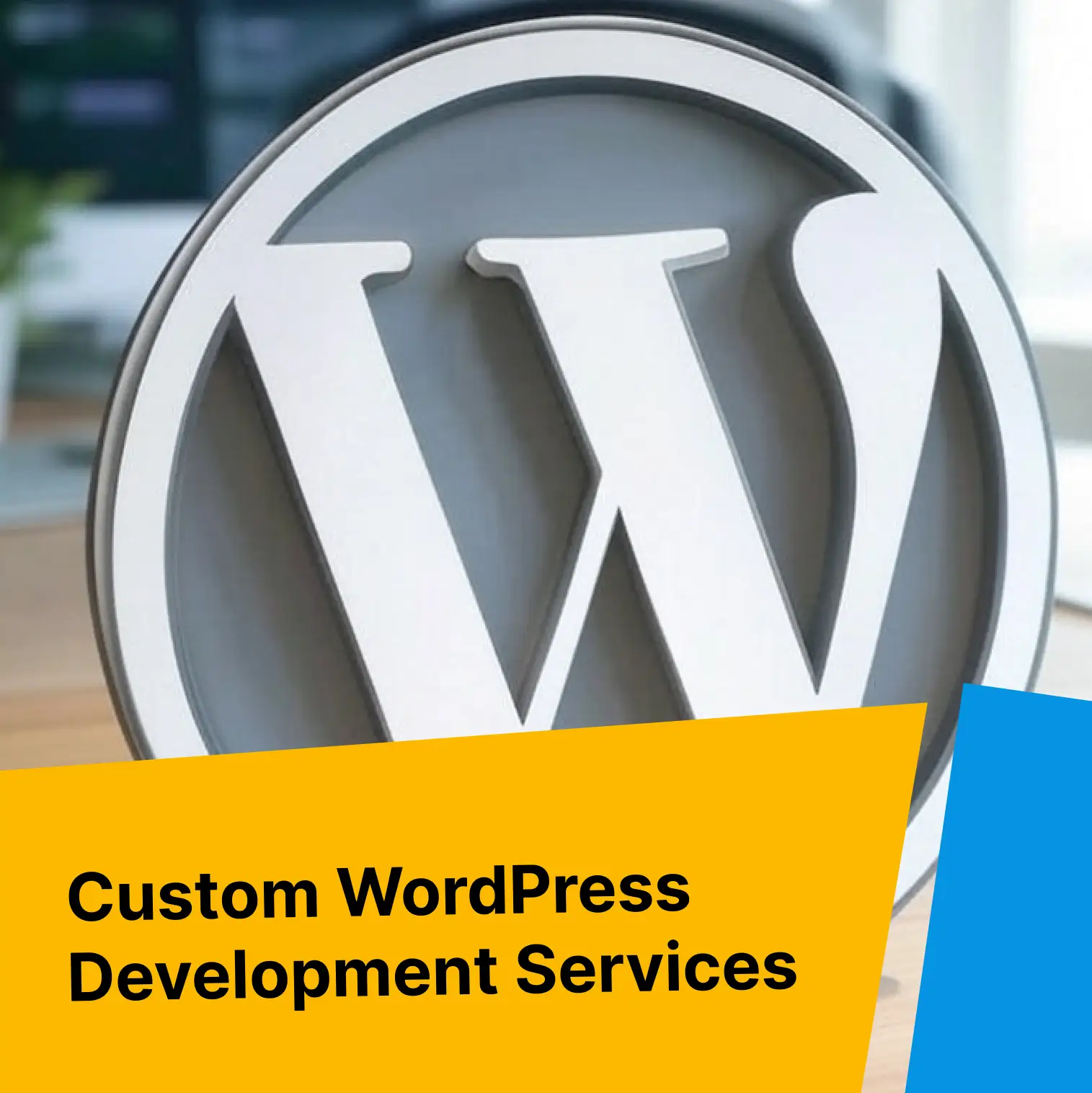Analysis Paralysis (ə-ˈna-lə-səs pə-ˈra-lə-səs) is a state of overthinking a situation so that a decision or action is never taken
While this article is geared towards WordPress being the framework of choice, there are fine bare-boned frameworks including Next.js, Gatsby, Laravel, and Angular that are similarly awesome in their own unique ways.
Let’s go over some reasons of choosing WordPress over Wix, Weebly, Godaddy Site Builder, Shopify, Squarespace, Magento, Joomla, Drupal, Ghost, and even you, Hugo!
Over the last two months, I have talked to 4 individuals on ? who want to make their own website, but haven’t (and maybe won’t) because they’re overwhelmed with all of the options that are out there to choose from.
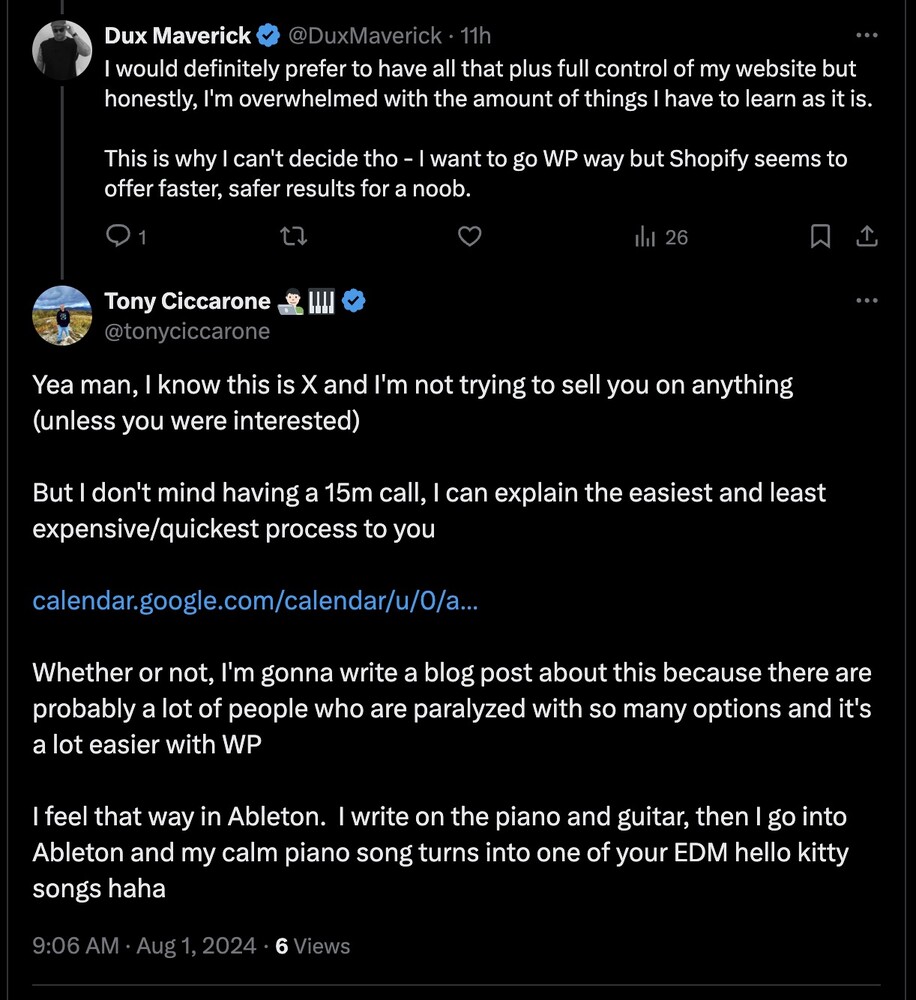
It’s called analysis paralysis and, especially in tech, it’s all too easy to become paralyzed or even start over when it seems like the grass is always greener in the neighbor’s yard(s) – literally and figuratively speaking ?.
I’ve had my hands in almost every website platform & framework.. that fact (and the following reasons) are why I’m not only a WordPress developer, but also why I personally choose WordPress for my own sites, side projects, and hustles.
I use WordPress because I practice what I preach. Meaning, if there were a better, faster, more customizable, and more efficient platform out there, then make no mistake, I would use it.
So, my friends, I come bearing gifts of gab and knowledge! Not with generic AI-generated ?, but with experience and common sense. Hopefully this article helps alleviate the symptoms of at least one person suffering from their own case of analysis paralysis.
WordPress gives you all the control
First off, big website builder companies (and GoDaddy) have lots of advertising budget, so you probably see them showing off their portfolio of abilities.
They have that money because they’re profiting off the backs of the bruised. With today’s inflationary issues, knowledge is power and knowing is half the battle – You can save money, read on!
Being fully open-source, WordPress offers unparalleled control over every aspect of a website. Developers like me thrive on that freedom, allowing for custom post types, interconnected taxonomies, and well – literally endless possibilities.
Unlike proprietary externally-hosted platforms, WordPress is a self-hosted system built on the LAMP stack:
- Linux: The operating system that hosts the server.
- Apache: The web server software that handles requests and serves content.
- MySQL: The database management system that stores and retrieves data.
- PHP: The server-side scripting language that powers WordPress’s functionality.
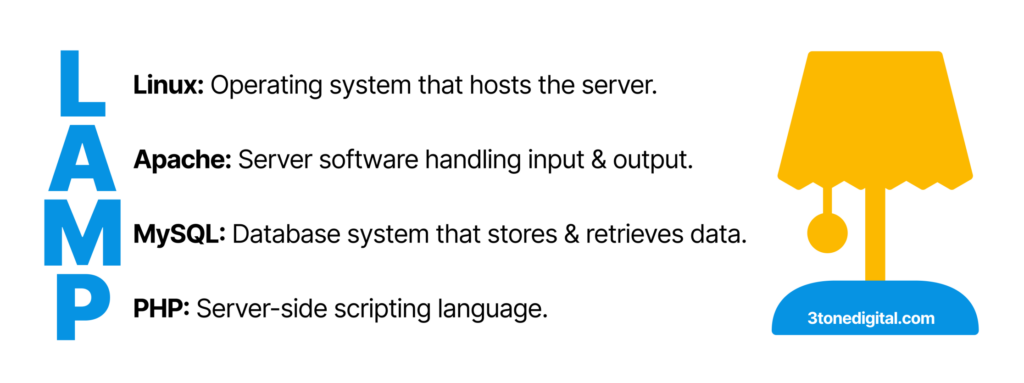
Some programmers dislike PHP, you know. They call it old, inconsistent, and not “hip”. I not only take those words personally but, newsflash: PHP runs 77.5% of the world wide web!
I assume they’re probably the same people who hate on WordPress, but second newsflash: WordPress powers over 40% of all websites on the internet.
“But Tony, you can access code in Shopify and Wix”
Mmhmm, I know. But that access is also highly restrictive and subject to change with each update. And, the level of access depends on the subscriber’s level of plan.
The eCommerce of Wix costs $1,908 a year, yikes. eCommerce can literally cost up to $24,000/year (to add more admins & faster checkout)
You can own a hosted WordPress site for $35/year, even less if you don’t care about taking chances with an unknown hosting provider.
WordPress features are top notch
Like many, I think, I sometimes imagine how someone from the past would react to the present. Similarly, I wonder how many people used WordPress once upon a time (even last year) and haven’t given it a second chance with features like:
- Full-site editor (ultra-organized way to build pages)
- Pre-defined components (with a free community-driven pattern library)
- Essentially free eCommerce (you still have to have a payment provider)
If I can be frank.. there haven’t been many website requests that I wasn’t able to figure out. The tasks that I couldn’t figure out always have involved math or intense multi-faceted organization. But not only do we get better with practice, AI has truly made those faults null and void.
And, in regards to AI..
I don’t mean generating content and layouts, which WordPress and more specifically, the Elementor plugin/theme, does offer. But, even the ability to use AI alongside WordPress, to generate code to enhance a website’s functionality, style, or interactivity.
I’d like to say that the sky is the limit, but I don’t get a paycheck from Automattic. Yet?
The WordPress community
Coming from a previous life as a Drupal developer, which I viscously still get job offers for almost every day, I can confidently say that WordPress has the best, constantly thriving, and most open web community on the block.
There are not only a ton of resources in the form of websites, videos, and support forums, but if you stay within the ecosystem you can find the help you require in public plugin and theme repositories.
It’s not only me! I’d be willing to bet that most WordPress designers, developers, builders, and architects who love the framework are more than happy to answer questions or guide them towards the answers.
Sometimes, a bit of guidance can make all the difference.
If you’re feeling overwhelmed by the options, remember that starting slow and seeking advice from experienced users can help you overcome analysis paralysis. The most important thing is to take that first step and start building your online presence.
